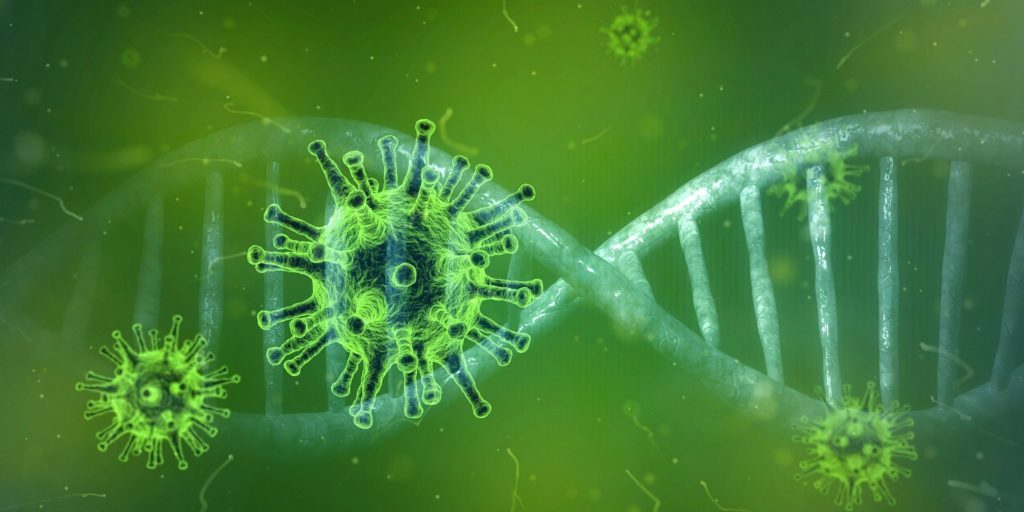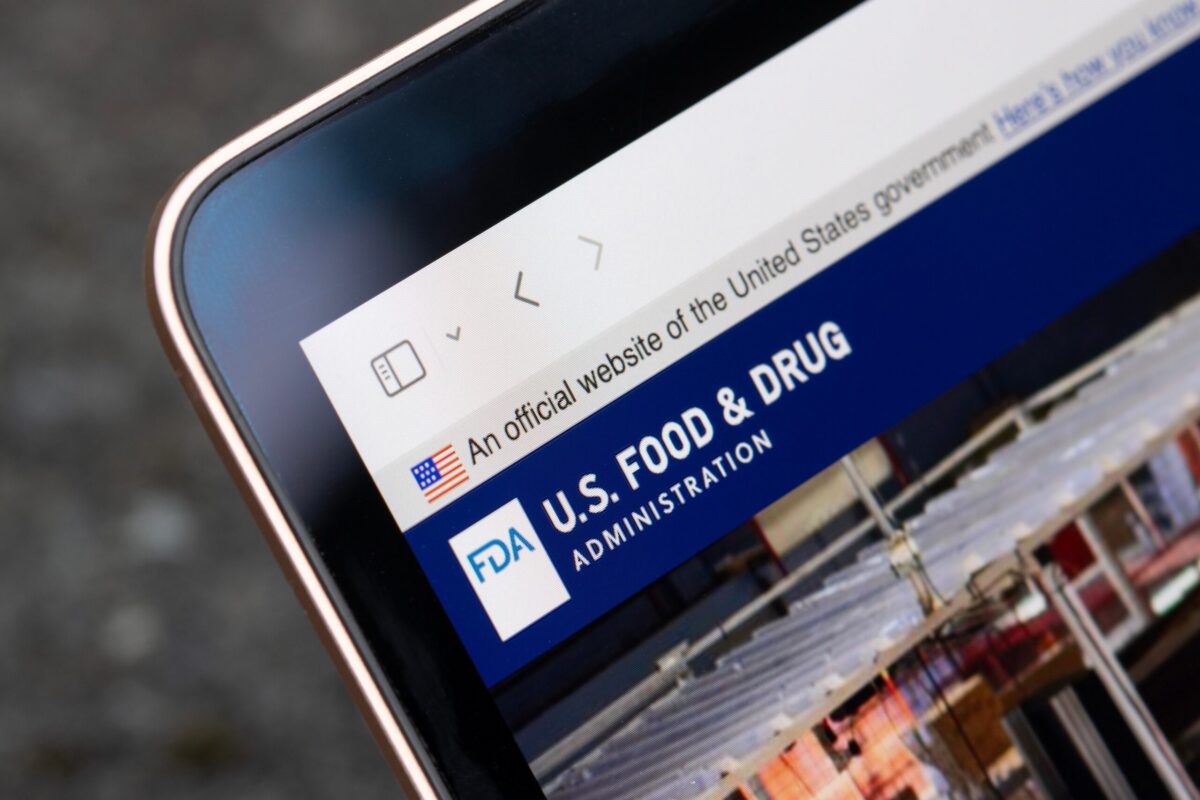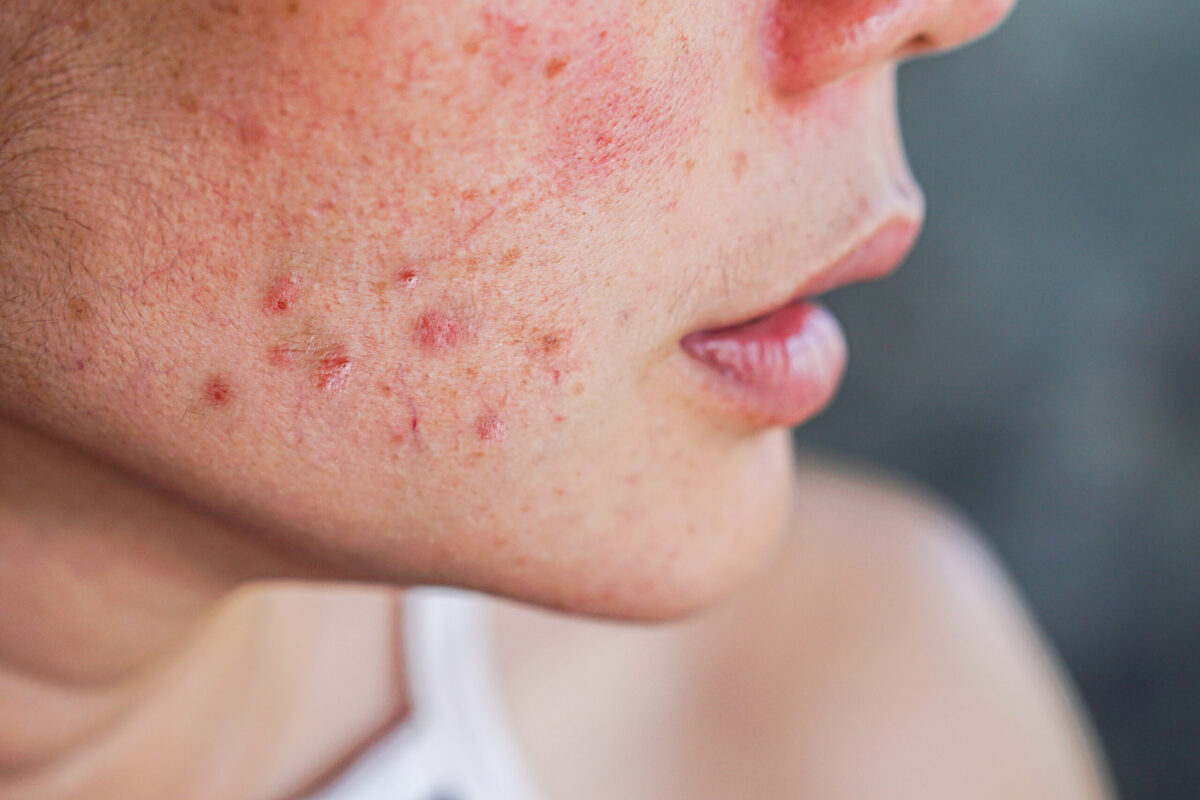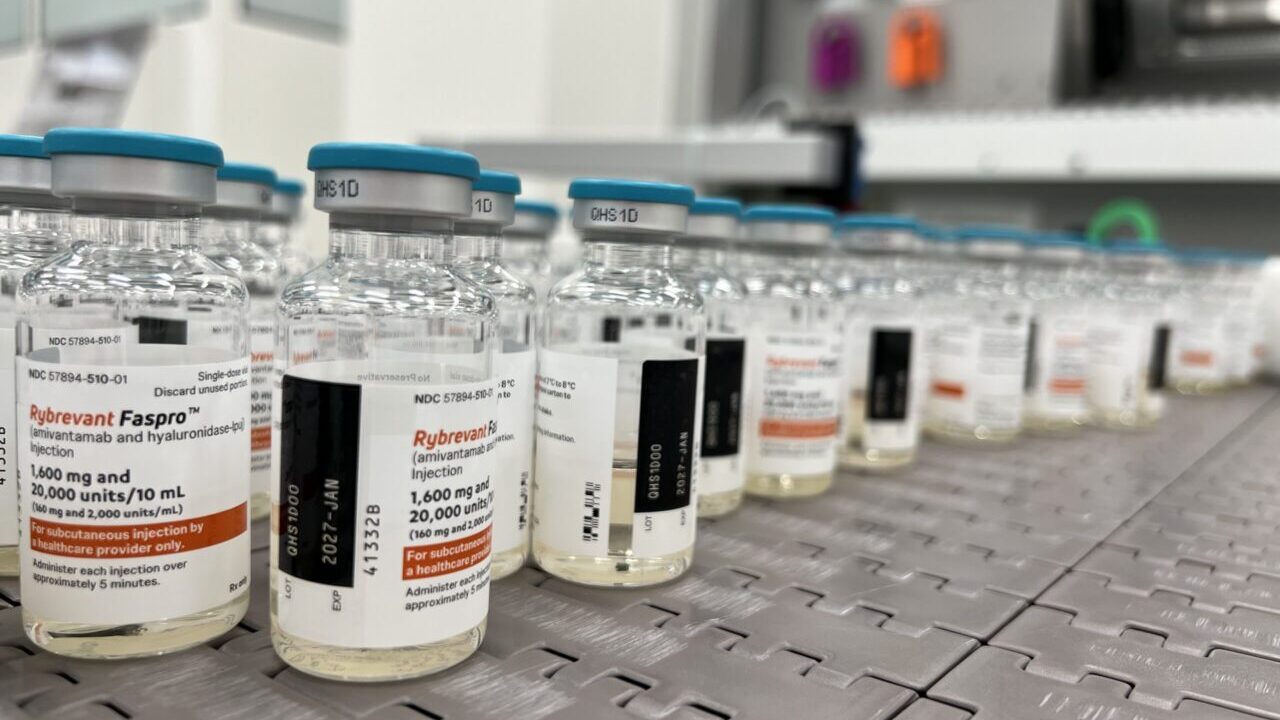The US Food and Drug Administration (FDA) issued an alert to clinical laboratory personnel and healthcare practitioners last week to inform them that the agency is monitoring the possible impact of new mutations in the SARS-CoV-2 coronavirus on existing diagnostic tests. This includes the B.1.1.7 variant that has emerged out of the United Kingdom (UK).
As new viral mutations are identified, concerns are mounting over their detectability with current molecular PCR-based tests. The FDA said it is working to ensure that the tests “remain accurate by working with test developers and conducting ongoing data analysis to evaluate all currently authorized molecular tests.”
At present, the agency believes it is unlikely that the mutations will not be picked up by existing diagnostics. As such, they have stated that the risk that these mutations will impact overall testing accuracy is low.
False negative results can occur with any molecular test, particularly if a mutation occurs in the part of the virus’s genome assessed by that test. So far, this does not appear to be the case for the N501Y mutation in the B.1.1.7. variant.
Related: COVID-19 Vaccine and Drug Development Coverage
In the statement from the agency, FDA Commissioner Stephen M. Hahn, MD said, “The FDA will continue to monitor SARS-CoV-2 genetic viral variants to ensure authorized tests continue to provide accurate results for patients.”
He added that, “While these efforts continue, we are working with authorized test developers and reviewing incoming data to ensure that health care providers and clinical staff can quickly and accurately diagnose patients infected with SARS-CoV-2, including those with emerging genetic variants. At this time, we believe the data suggests that the currently authorized COVID-19 vaccines may still be effective against this strain. The FDA will continue to keep healthcare providers and the public informed of any new information as it becomes available.”
The FDA says it has been monitoring SARS-CoV-2 viral mutations, and their potential impact on testing, throughout the pandemic. SARS-CoV-2 genetic variants can potentially alter the performance of a SARS-CoV-2 test, which depends on whether the mutations are in the region of the virus that the test is designed to detect. Therefore, tests that rely on the detection of multiple regions of the genome may be less impacted by genetic variation in the SARS-CoV-2 genome than tests that rely on detection of only a single region.
Presently, there are three authorized molecular tests: MesaBiotech Accula, TaqPath COVID-19 Combo Kit and Linea COVID-19 Assay Kit. The FDA says that while they may be impacted by new genetic variants of SARS-CoV-2, “the impact does not appear to be significant.”
In fact, detection pattern associated with the TaqPath and Linea diagnostic tests when certain genetic variants are present may, in fact, help with early identification of new variants, which would help reduce spread. The recently identified B.1.1.7 variant has been associated with an increased risk of transmission, therefore early identification of this variant in patients may help reduce further spread of infection, said the FDA.
The Centers for Disease Control and Prevention (CDC) has also acknowledged the presence of multiple SARS-CoV-2 variants circulating globally, stating that it is monitoring the situation closely in collaboration with other public health agencies.
Emergence of New Variants
All viruses mutate over time, mainly due to environmental selection pressures, so the emergence of SARS-CoV-2 variants is not surprising. The arise of new variants contributes to genetic diversity in the pool of circulating viral strains.
The B.1.1.7 variant has several other mutations in the spike protein apart from the N501Y mutation (which is also in the spike protein). It has a notable deletion at positions 69 and 70 which may cause conformational changes in the protein.
As scientists learn more about the new B.1.1.7 variant, so far it appears that it is 50 to 70 percent more transmissible than the original, dominant variant. This has seemingly contributed to the unprecedented spikes in COVID-19 cases in the UK, causing the country to go into strict lockdown. The variant has reached the shores of many other countries as well, as case numbers have been dramatically rising worldwide.
In addition to B.1.1.7, a new variant from South Africa, called the B.1.135 or 501.V2 variant or lineage, has also been identified. This variant contains the same N501Y mutation as B.1.1.7 but lacks the 69/70 mutation. However, it has a more concerning E484K mutation that may lower antibody recognition.
Encouragingly though, the current vaccines against SARS-CoV-2 appear to be effective against the new variants. A preliminary study has shown that the BioNTech/Pfizer vaccine elicits similar antibody titers against the B.1.1.7 variant as the original strain.
Recently, another variant was found in Japan that appears to have originated in Brazil. However, there is no evidence that this strain is more transmissible.
In a press statement, Takaji Wakita, head of the National Institute of Infectious Diseases, told a health ministry briefing that, “At the moment, there is no proof showing the new variant found in those from Brazil is high in infectiousness.”
Japan’s Health Ministry revealed on Sunday that the latest new mutation of the virus was discovered in four travellers from Brazil’s Amazonas state.
Considering the new emerging strains, the FDA says it will continue to communicate with the public as new information becomes available to share. The FDA “encourages stakeholders to report any adverse events or suspected adverse events experienced with molecular tests for detection of SARS-CoV-2.”
The FDA outlines that voluntary reports can be submitted through MedWatch, the FDA Safety Information and Adverse Event Reporting program.
The agency advises that, “healthcare personnel and clinical laboratory staff employed by facilities that are performing COVID-19 testing should follow the reporting requirements for authorized laboratories as specified in the test’s Emergency Use Authorization. Prompt reporting of adverse events can help the FDA identify and better understand the risks associated with medical devices.”












Join or login to leave a comment
JOIN LOGIN